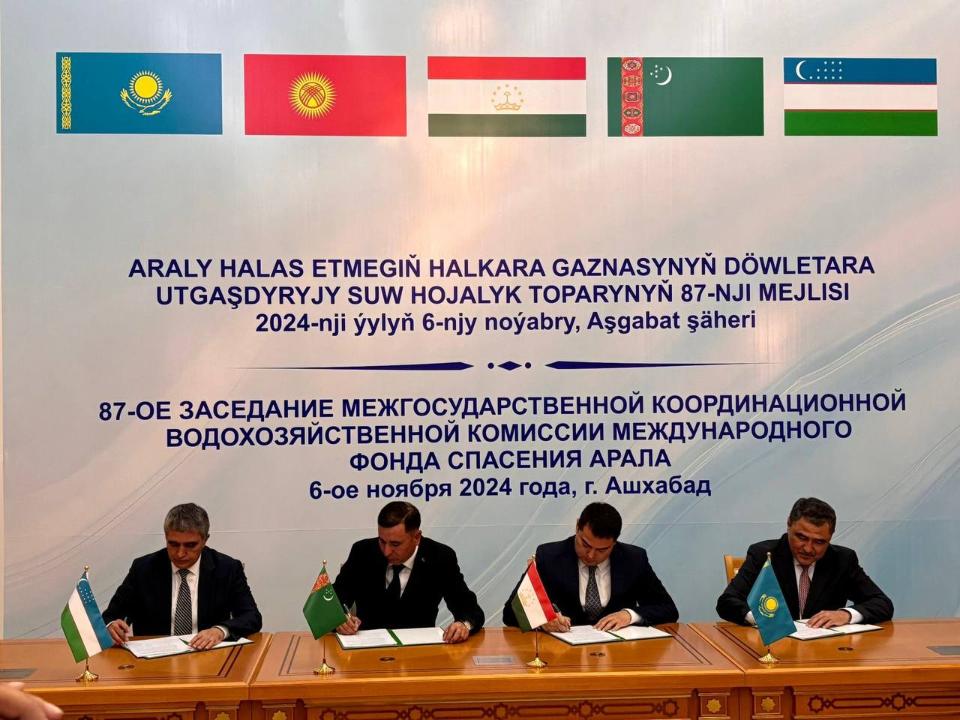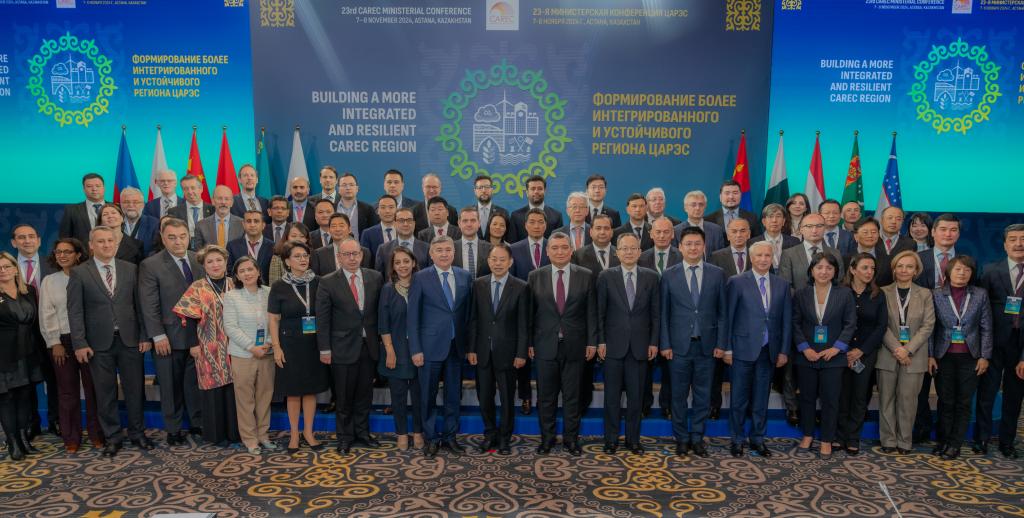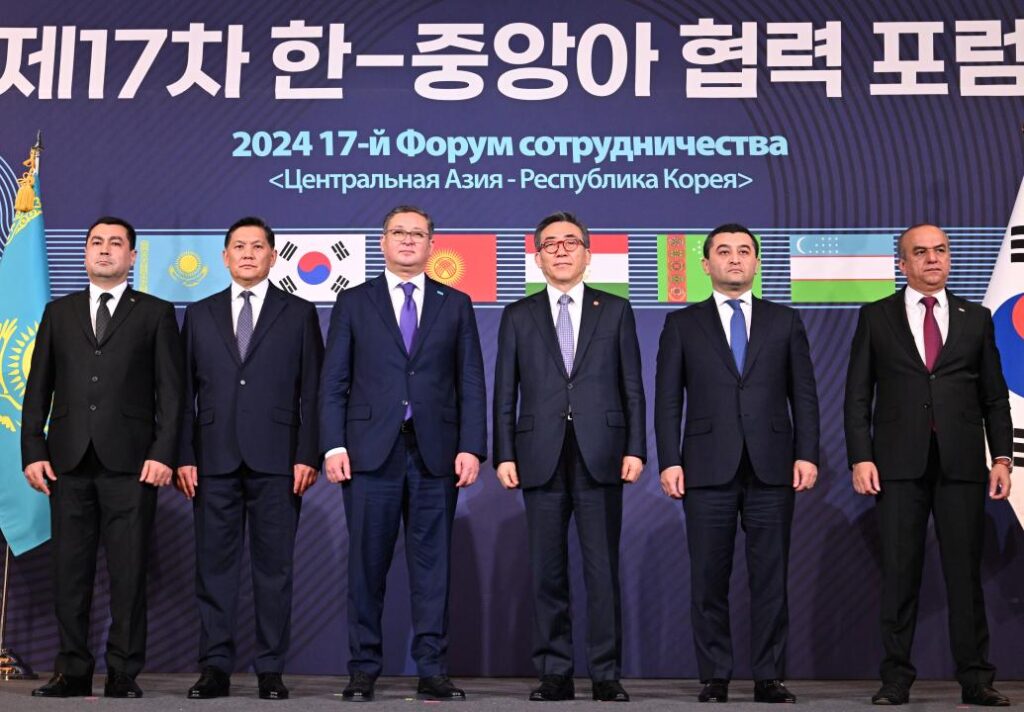Turkmenistan Unveils New English Textbook for 11th Grade Students
A new English language textbook for 11th-grade students has been introduced in Turkmenistan’s general education schools. According to the Ministry of Education of Turkmenistan, the textbook incorporates modern didactic principles and advanced teaching methods to enhance students' reading, writing, and speaking skills. It aligns with the national curriculum, providing students with improved opportunities to communicate effectively in English. The release of this textbook is part of Turkmenistan’s broader effort to modernize its education system. A key component of this effort is the Concept for Improving Foreign Language Education in Turkmenistan, a policy focused on integrating language learning at all educational stages. Drawing on both domestic and international best practices, the policy aims to elevate language instruction across the country. English language teaching in Turkmenistan has seen significant progress: • In January 2024, the first TESOL conference brought together 250 educators to exchange experiences and explore innovative teaching techniques. • In August 2024, the U.S. Embassy, in collaboration with the Ministry of Education, conducted workshops to enhance the professional skills of English teachers. • In November 2024, Turkmenistan and the UK held discussions on strengthening educational cooperation and improved educational services. Turkmenistan’s focus on advancing English language education reflects its commitment to integrating into the global educational framework and fostering international collaboration. These initiatives aim to equip students and educators with the tools needed to engage in a globalized world.






